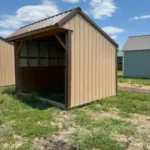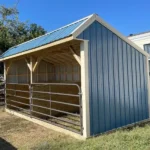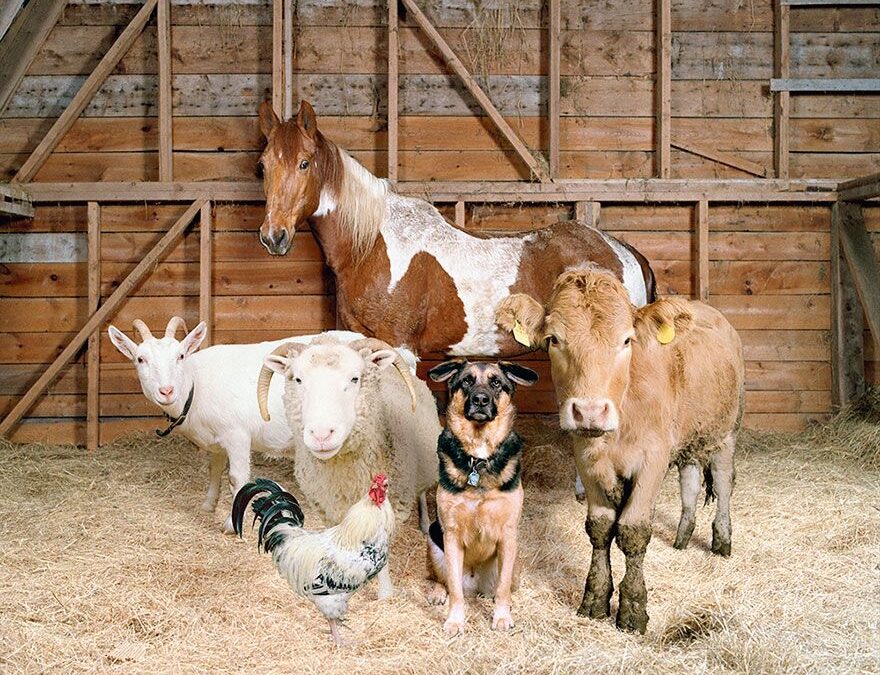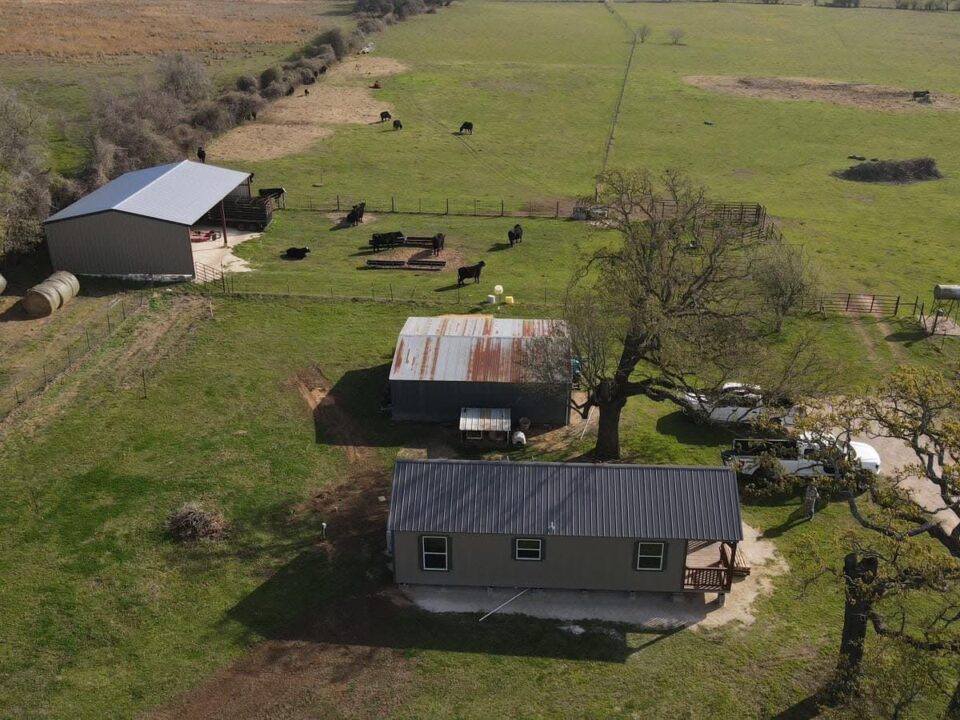
Shelter Repair Basics: How to Maintain Your Animal Shelter
July 29, 2025
Training Your Animals: Building Trust and Good Habits
July 31, 2025Daily Health Checks 🐄🐑🐓
Healthy animals mean a thriving farm. But catching problems early is the key to keeping your livestock safe, productive, and stress-free. Daily health checks are a simple but powerful way to spot issues before they become serious. With just a few minutes each day, you can prevent illness, protect your investment, and give your animals the best possible care.
Why Daily Health Checks Matter 🌱
Animals can’t always show when they’re in pain or discomfort. A minor injury or infection can go unnoticed until it’s too late. Performing daily health checks ensures you notice small changes—like a limp, swelling, or loss of appetite—right away. Early detection often means faster recovery and lower vet costs.
Regular interaction also builds trust. Animals that are used to daily handling become calmer, easier to manage, and less stressed during routine care or emergencies.
What to Look for Each Day 👀
Start by observing your animals from a distance. Are they alert and active? Are they moving normally and interacting with the herd? Then, take a closer look. Check eyes for discharge, noses for signs of congestion, and coats for dullness or patches of hair loss. Watch for labored breathing, limping, or signs of injury.
Eating and drinking habits reveal a lot about health. If an animal skips feed or water, that’s a red flag. Manure is another indicator—loose stool, constipation, or a sudden change in color can point to digestive issues.
Hands-On Checks 🖐️
As part of daily health checks, run your hands along your animal’s body when possible. Feel for swelling, heat, or cuts. For hooved animals, watch for cracked or overgrown hooves. Check udders and teats on milking animals for heat or swelling, which can signal infection.
Recording what you see is important. Keep a simple notebook or app log of any changes in behavior, appetite, or physical condition. Tracking trends makes it easier to spot slow-developing issues.
Preventing Illness Through Routine Care 💧
Daily checks go hand in hand with good shelter conditions. Clean water, fresh bedding, and proper ventilation reduce the risk of disease. As you feed, take a few extra minutes to scan for hazards—like sharp edges, moldy hay, or contaminated water buckets.
Simple acts of prevention—like checking water troughs and feed bins—are as important as any vet visit. Animals thrive in clean, stress-free environments, and a few moments of attention each day make a big difference.
When to Call the Vet 📞
Not every issue can be fixed with a hands-on check. If you spot rapid breathing, severe lethargy, refusal to eat, or sudden weight loss, call your vet right away. Acting quickly can save an animal’s life.
Building a relationship with a trusted livestock vet also makes routine care easier. They can guide you on vaccinations, deworming schedules, and treatment plans that match your specific animals and climate.
Health Checks Build Stronger Herds 🐐
Healthy animals are productive animals. Whether you raise goats, cattle, horses, or poultry, daily health checks help you spot problems before they spread to the entire herd. And the more familiar you are with each animal’s normal behavior, the easier it is to know when something is wrong.
At Wolf Valley Buildings, we build shelters that make animal care easier. A well-designed shelter gives you better access for feeding, cleaning, and handling animals—making daily care less stressful for you and your livestock. Explore our animal shelters to see how the right setup can simplify your routine.
For more guidance on livestock health, visit Oklahoma State University Extension for reliable animal care resources.





